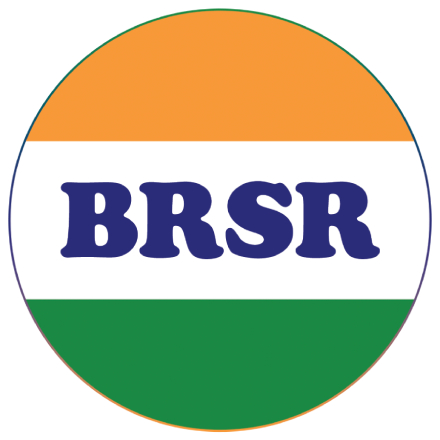Even as SEBI has mandated the top 1000 listed companies to report their green performances through BRSR, many corporates have been found lacking.
A new survey by the Centre for Science and Environment (CSE) reviewed 28 reports submitted by 14 top companies.
The survey comes on the heels of a recent NSE circular that highlighted the shortcomings in BRSR reporting by the top 1,000 listed companies.
According to CSE, The current BRSR questionnaire format leads to incomplete submissions, hindering the creation of a reporting structure for informed investor decision-making.
What is wrong with the current reporting guidelines?
The current BRSR format presents challenges in understanding the rationale behind parameter values and number changes.
For example, lack of consolidated company data vs unit-specific data.
Companies tweaking the questionnaire: Companies often provide data selectively and adjust information rows for convenience, but deciding how to present the data should not be their responsibility. Companies can share key indicators like water withdrawal, consumption, and discharge voluntarily under ‘Leadership Indicators’, but these can be moved to the ‘Essential Indicators’ category for mandatory data.
CSE Recommendations:
The CSE assessment suggests that a company’s sustainability can be more effectively assessed by identifying low-performing units and creating plans to improve their performance across multiple metrics.
These include:
Opt for a sector-specific approach: The current SEBI-developed disclosure format lacks sector-specific guidelines, affecting investors’ understanding of environmentally conscious businesses. A sector-specific approach, similar to international frameworks, could provide a comprehensive understanding of investment opportunities in specific industries.
Update the BRSR guidance document: In July 2023, the BRSR questionnaire and format underwent review, but the guidance document was not updated simultaneously, resulting in insufficient information on the air emissions submission format.
Include table formats to enable data capture: Businesses should be limited in their data display options, allowing for specific table formats. SEBI may provide a protected spreadsheet for the BRSR questionnaire, but not format editing.
Non-hazardous and hazardous wastes should be accounted for separately: SEBI requests data on waste generation, but only asks about management and disposal methods, not recycling, reuse, or disposal of waste. SEBI should investigate waste production and disposal in top three waste streams, including hazardous and non-hazardous materials, plastic, e-waste, biomedical waste, and non-manufacturable waste types.
Mandate specific energy and water consumption data: The company is tasked with reporting on the optional energy and water intensity parameter included in the BRSR format. The CSE recommends companies provide data on their energy consumption (SEC) and water consumption (SWC) in kilowatt or megawatt/tonne of the product. The data provided will undoubtedly indicate a company’s overall energy and water efficiency in its manufacturing process.
Lead quotes:
“The BRSR framework is the first attempt by any regulatory authority or agency in India to mandate the sharing of such detailed environmental performance and compliance data in the public domain,” notes Nivit Yadav, Program Director, Industrial Pollution, CSE. “In today’s era of climate change, where resource availability is becoming a serious issue, sharing of such data in a transparent manner should be one of the key drivers in decision-making by investors.”
“Yet, we believe there is much room for improvement in the BRSR framework. Our goal is to contribute to its strengthening in order to guarantee higher-calibre reporting from the companies. Periodically, SEBI reviews the guidance note and BRSR format. We hope that when SEBI reviews it again, it will take into account the suggestions made by CSE, which can aid in gathering more insightful data.
The BRSR framework is the first attempt by any regulatory authority or agency in India to mandate the sharing of detailed environmental performance and compliance data in the public domain.

